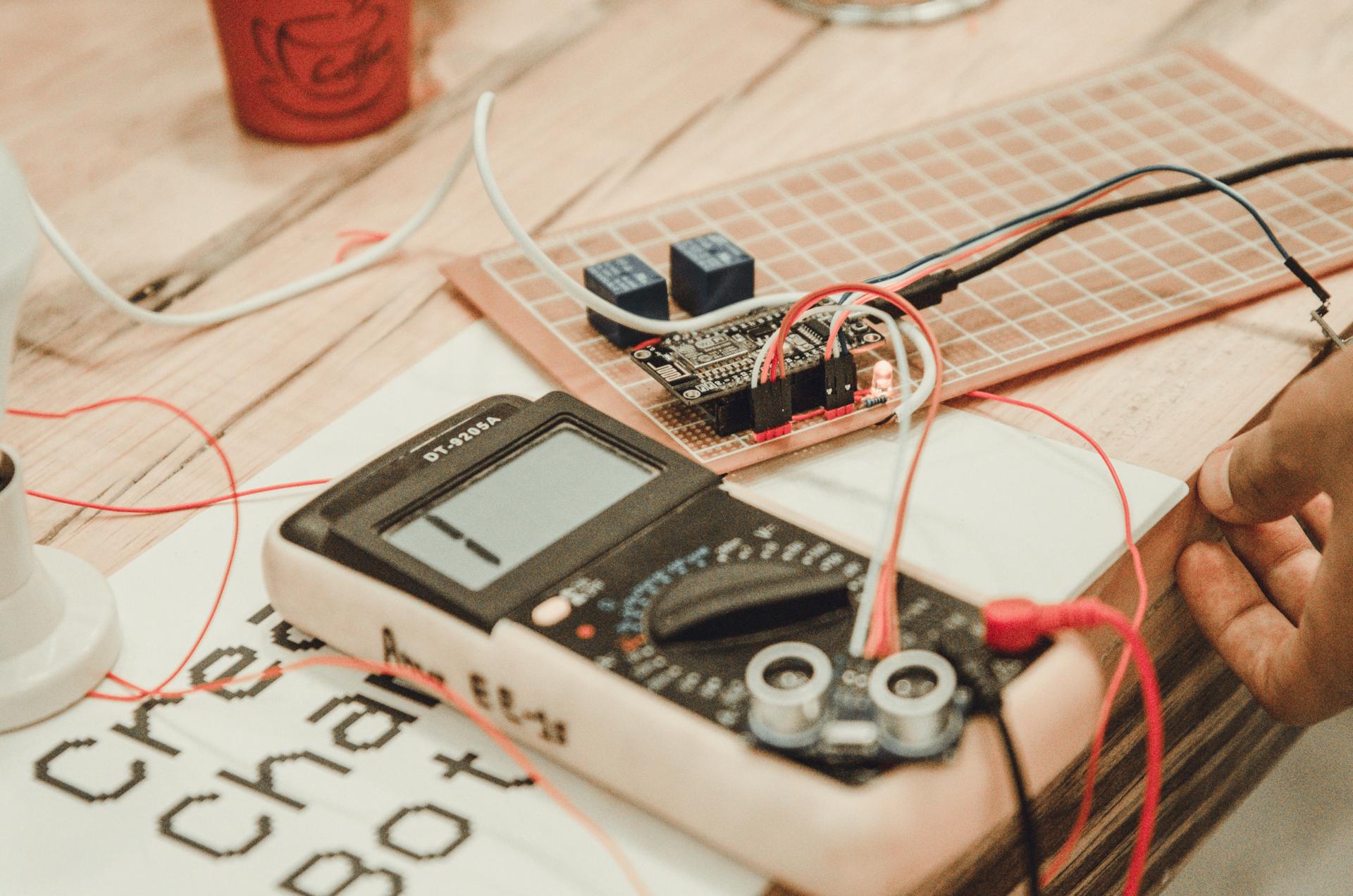Performing an Electrical Safety Test in Your Home: The Ultimate Guide

In the realm of home security, one of the most crucial aspects to be considered is electrical safety. Electrical safety testing is the process of evaluating the electrical system within your home to ensure that it is safe and in compliance with the latest standards. In this article we’ll give you the basics of what electrical safety testing are, the tools will be required for conducting them, how to perform the tests, and what warning signs to look out for.
What exactly is an Electrical Safety Test?
A safety test for electrical appliances is the process of checking the electrical system in your home to ensure that it’s safe and functioning properly. The importance of electrical safety tests is as they help to in preventing electrical fires and electrical accidents, and ensure the longevity the electrical systems you have.
Equipment Required to conduct an electrical Safety Test
For conducting an electrical safety check, you’ll need some essential tools. They include an electrical voltage tester as well as a continuity tester, a circuit tester, and outlets tester. A voltage tester can look for live circuits while the continuity tester checks for broken circuits. The circuit tester is utilized to check for wiring faults and the outlet tester is utilized to identify wiring issues at the outlets. It’s important to use these devices correctly to get accurate results.
How do you conduct an electrical Safety Test
To perform the electrical test in your home take these steps:
Switch off the power source to the circuit you’re testing.
Make use of your voltage tester to test for live circuits.
Use the continuity tester to check for broken circuits.
Utilize the circuit tester to test for electrical faults.
Utilize the tester for outlets to find any wiring issues in the outlets.
During the testing process, be sure to look for any indications of wear or damage on the wiring that could indicate broken or frayed wires burn marks, as well as loose or damaged connections. If you discover any problems that need attention, you must address them as quickly as you can to prevent any potential dangers.
Signals of electrical problems to be Watchful For
There are several indicators that may indicate electrical problems in your home. This includes flickering lights frequently tripping the circuit breaker, buzzing or crackling sounds emanating from outlets, the appearance of outlets that are discolored or hot as well as a burning smell. If you spot any of these indicators, you must get to work immediately to avoid potential electrical hazards.
Conclusion
Safety tests for electrical appliances are essential to ensure your safety and your family. Through regular testing and addressing any issues promptly, you can avoid potential hazards to electrical equipment and extend the life of your electric system. If you require assistance with electrical testing and repairs Don’t hesitate to reach out to Local Electrician Marsden Park. Our knowledgeable team will provide you with expert guidance and support. Contact us via 1300 610 481 to schedule an appointment or to request a quote.
FAQ Section
When should I perform an electrical safety test in my home?
We suggest conducting electrical safety tests at least once a year.
Can I conduct an electric safety check by myself or do I require a professional?
While it’s possible to perform tests for electrical safety on your own however, it’s advised to employ an expert to ensure the accuracy of results and avoid potential hazards.
Are there any frequently encountered electrical problems that can be found during an electrical safety test?
The most frequently-repeated electrical issues discovered during a safety check include defective wiring, circuits that are overloaded and obsolete electrical systems.
What should I do if encounter a problem during the electrical safety test?
If you discover a problem in the electrical safety test, it’s important to act quickly. This could include making contact with an experienced electrician to address the issue or replacing damaged equipment.
